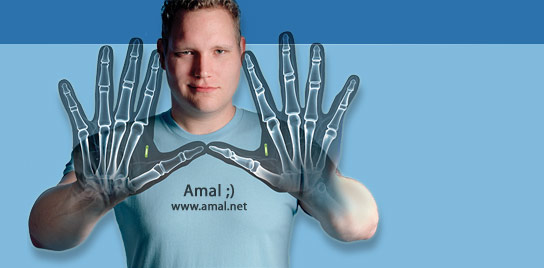If you want to see the forefront of public surveillance and identification technologies, look no further than London. For the last 10 years, the UK has been the leader at deploying these new technologies in order to monitor and account for its citizenry. However this latest program is hoped to be a trial run and eventual launching pad for the rest of the entire EU, and possibly the US.
The London Metropolitan Police Service is in the market for mobile identification units that can read card chips and biometrics.
It has issued a tender notice in the Official Journal of the European Union for a framework agreement for the provision, support and integration of hand held mobile identification units.
The notice says these must be capable of reading the information on the microchips and machine readable zones of passports, bank cards, identity cards, credit cards and other identification documents, along with fingerprints, facial recognition or iris recognition.
The mobile identification units (MIUs) should also be capable of securely transferring data across a police gateway.
The agreement, which will last three years with an option to extend for a further two, will also be open to other police forces in the UK.
“Once the contract is awarded, however, the Met Police could hand over the management of the project to the NPIA, which would help the implementation by other police forces.”
The gamut of technology is substantial. These ID units would have to support RFID from LF 125Khz all the way up to UHF (900Mhz or higher), magstripe readers, barcode readers that support various optical formats, a camera for face rec, an iris scanners for eye scanning, digital sensor for fingerprint scanning… I’m surprised they don’t have a hand scanner as well.
The bottom line for privacy issues where the government is concerned, for me, is quite simple. At this point in our technological and social evolution, I’m not necessarily concerned about “the government” targeting me in some way and trashing my life… that can already easily be done without all this technology. What I’m concerned about is the abuse of this technology by lower officials who have individual agendas, and operate under the guise and authority of the larger government. The problem with fast, automated technology being used to govern is that these abuses are much harder to catch or even do anything about if caught until far too late.
Nowhere is this better illustrated than the unofficial story of the SHAC 7. Their public story is one you can read for yourself, but the unofficial story that hasn’t been told is how government abuse of power directly resulted in the outcome of the government’s court case against them. It went down like this; The SHAC 7 had to call in witnesses and character witnesses to try to defend themselves. A large majority of those witnesses had flown in to deal with the preliminary paperwork and such required of witnesses, then they all had to fly back to their homes, jobs, families, etc. A few days later when a large portion of these witnesses tried to fly out to act as witnesses in court, they suddenly found they were on the TSA’s temporary no-fly list and were not able to make their court appearances. That is government abuse of power, plain and simple. But you won’t find anyone associated with the case to challenge the outcome of the court case (everyone went to prison) because the abuse was quick, temporary, and the final outcome had already been reached. To open an investigation would only cost more money in legal fees, and simply accusing the a government who has already abused its power to put these people behind bars may bring them up on new trumped up charges. This fact leads me to the second issue I have with an automated government.
Once the technology to govern becomes powerful enough to remove human thinking from the equation (or at least segregate it enough so nobody sees the whole picture) and integrated enough that it is ubiquitous, the ability for abuses to be caught disappears completely. At any level of government, if an abuse is carried out, the upper levels will have no knowledge of it, while the lower levels will have no ability to determine if the orders or data being spit out of the computer is correct, altered, or fabricated entirely. The lack of a paper record makes adjustments to data nearly undetectable, especially when that data is centralized. Duplicate copies of paper documentation actually serves a purpose in evidence tempering cases today. With a centralized data repository where the data center itself is the authority (not the people working the data), its only a matter of time until abuses become impossible to detect… at least not until crimes against innocent victims have long been committed and final outcomes already reached.













well that’s lovely